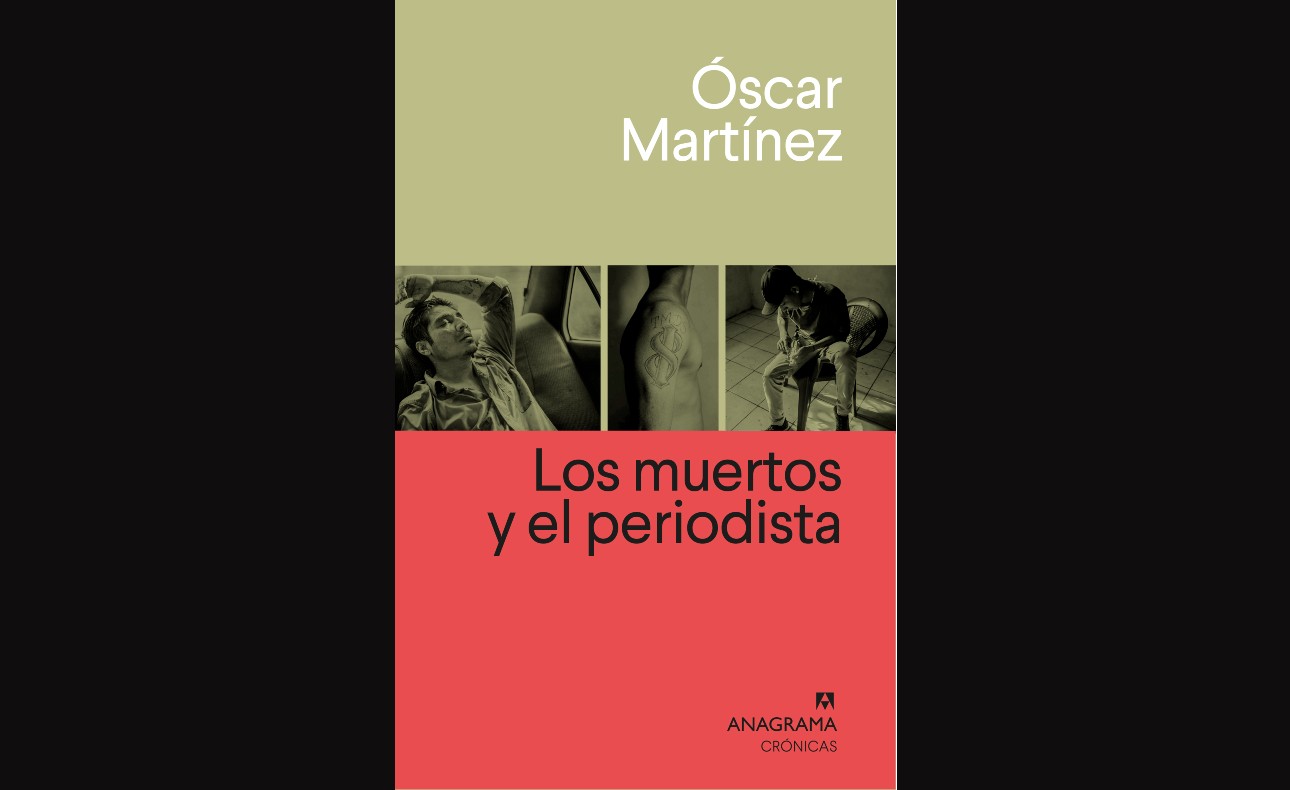
Do you want to know the harsh reality of journalism in Central America?
In his latest book, Salvadoran journalist Óscar Martínez reviews the risks, ethics and necessity of journalism against the backdrop of violence.
Rudy, Herber and Wito, three poor Salvadoran brothers whose bodies appeared disfigured (to say the least) in a sugarcane field in El Salvador in the spring of 2017 served as the basis for journalist Oscar Martinez (San Salvador, 1983) to publish 'Los muertos y el periodista' (Anagrama, 2021) an essay where he reflects on the mistakes, the successes, the doubts and the honesty of the journalist's profession with the violence in Central America as a backdrop.
Who are the three brothers really killed in a confrontation between rival gang members? Who is protected by not investigating the evidence? What do the witnesses who dare to speak out have to say?
The text starts from the personal experiences of Martinez himself,) who spent thirteen years covering one of the most violent corners of the planet as editor-in-chief of El Faro.
RELATED CONTENT
"Our job is not to be in the right place at the right time," said Oscar Martinez in an interview with El Pais a year ago. "That's the job of pizza delivery boys. Our job is other verbs: to understand, to doubt, to tell, to explain, to unveil, to reveal, to affirm, to question. None of those verbs is achieved by what comes out of a cop's mouth after a 'confrontation' alone. But so many seem to accept it with such normality," he commented on the profession of journalism.
In the text, narcos, hitmen, corrupt policemen, unpunished murderers and politicians who cover up the crimes, events, atrocities and injustices that serve him to reflect on the risks, ethics and the need for journalism, using the strategy of dialogue with himself to leave key questions in the air: is journalism worth anything, hating a source, loyalty to someone who betrays, is a confession worth a death, is a publication worth the trouble, is it worth it?
"It doesn't matter much to me whether that journalist did it because he is a seeker of justice or because he wants to be famous. It matters a lot to me if he did it right. Did you go far enough? Did you see, did you smell, did you hear, did you feel? Did you write down, did you record? Could you prove? Did you question the widow? Did you doubt the father? I would never ask: Did you save him?" he explained to El País from El Salvador, where he lives.
Halfway between a chronicle and an essay, the book is different from the previous ones. Martínez is also the author of, among others, Los migrantes que no importan (2010), a classic on Central American migration, and El niño de Hollywood (2018), the story of a bloodthirsty MS-13 gang member written four-handed with his brother, the anthropologist, Juan José Martínez.
"It's another way of talking about what I've always talked about: the last ones in line, the bottom of the abyss to which we have condemned so many people. And it seems natural to us to live that humiliating, violent and terrible circumstance," Martínez told RTVE. "In this book I ask myself why they kill, but I also ask myself why they don't kill more".
On the other hand, Martínez does not hide the frustration and disenchantment he feels towards journalism and the situation in his country, El Salvador, where journalists from 'El Faro' and other independent media are harassed by President Nayib Bukele after having uncovered several cases of government corruption and its secret negotiations with the gangs.



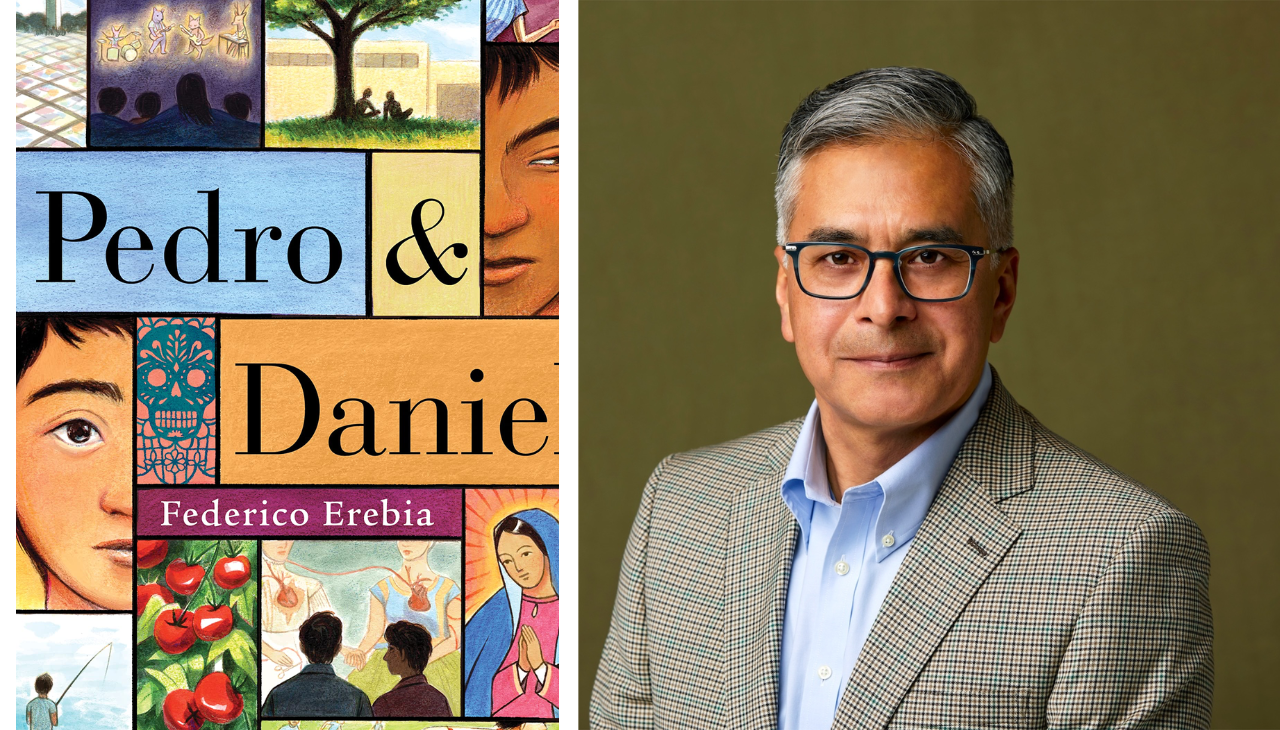
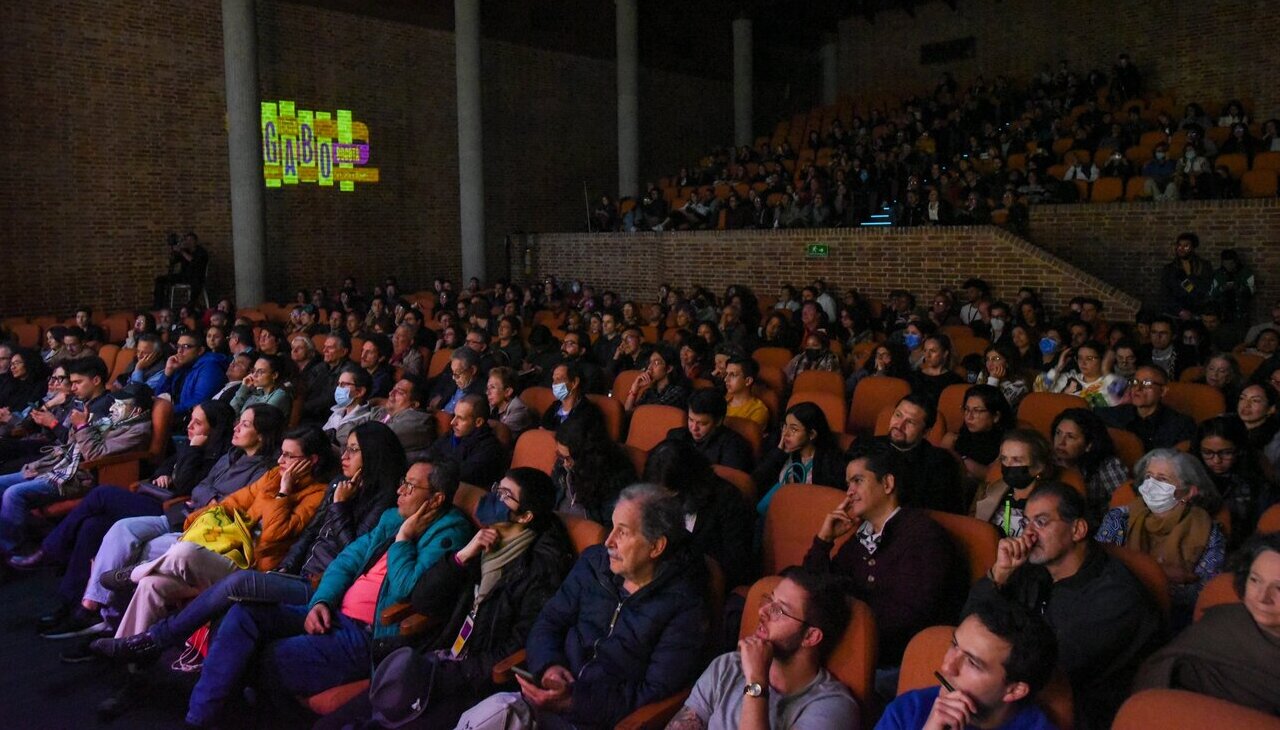
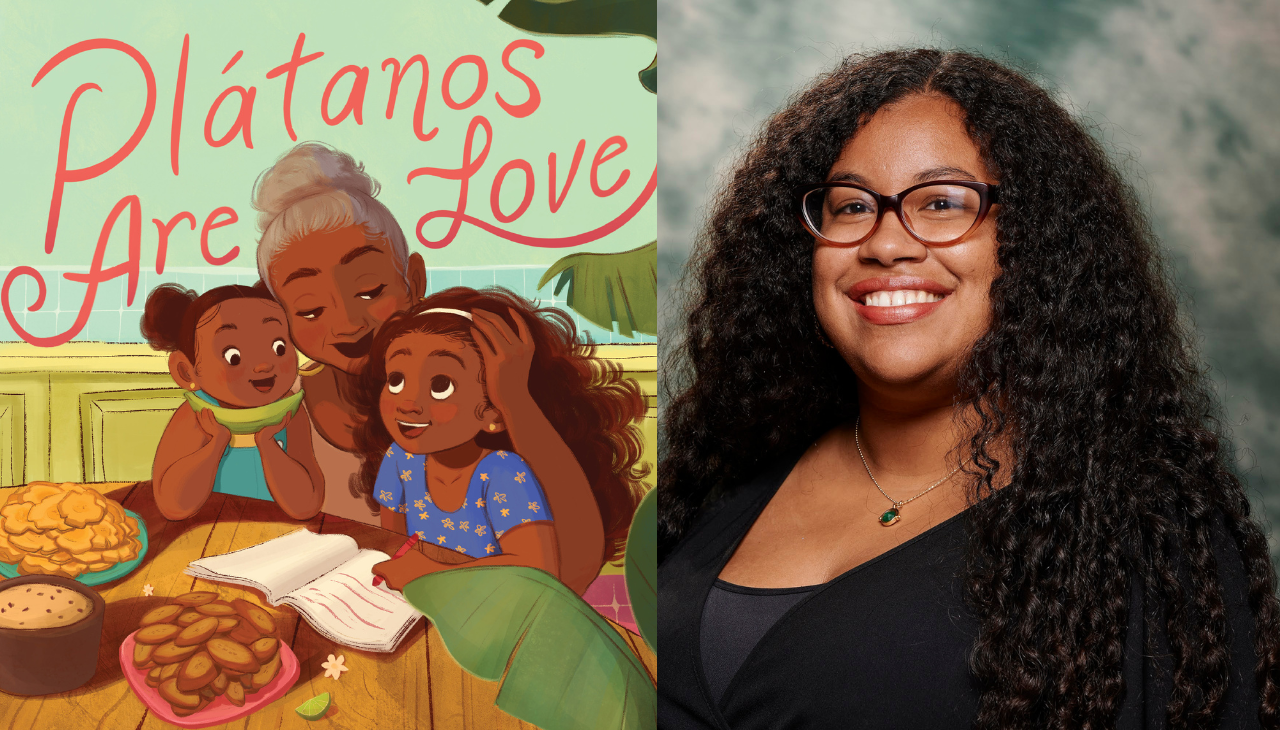
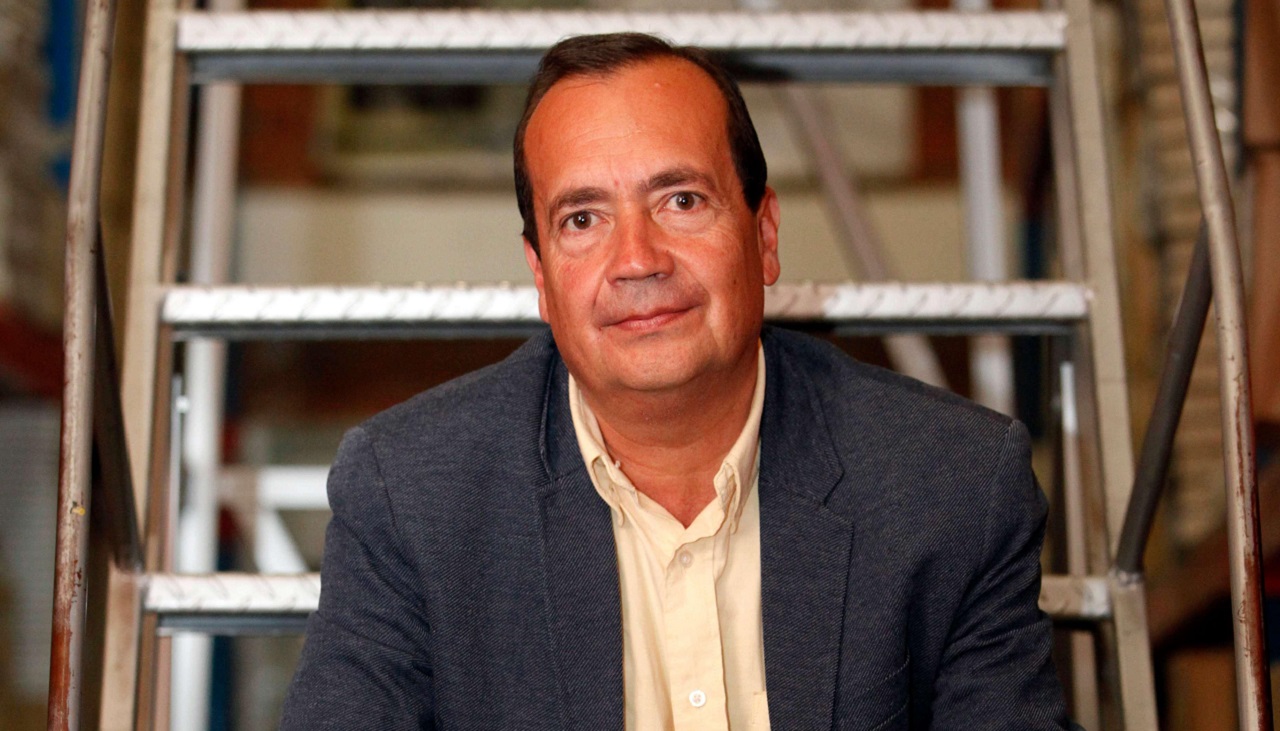
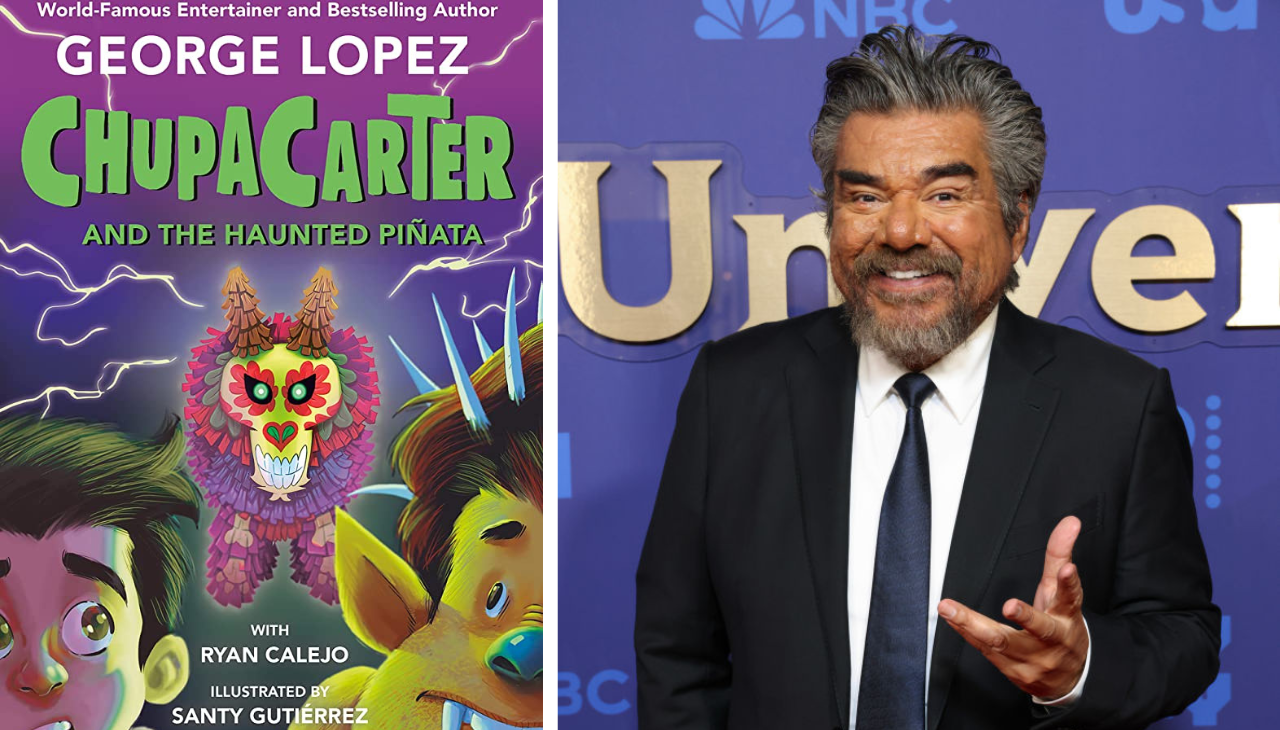
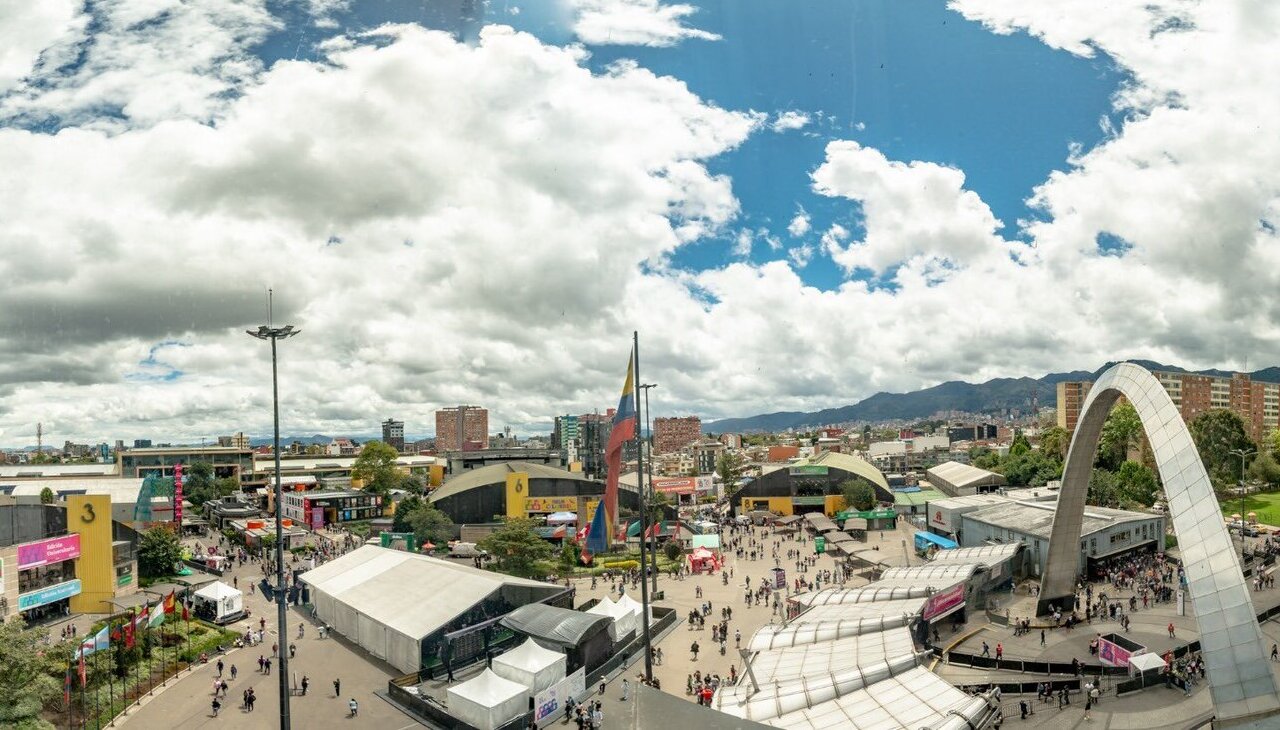


LEAVE A COMMENT:
Join the discussion! Leave a comment.